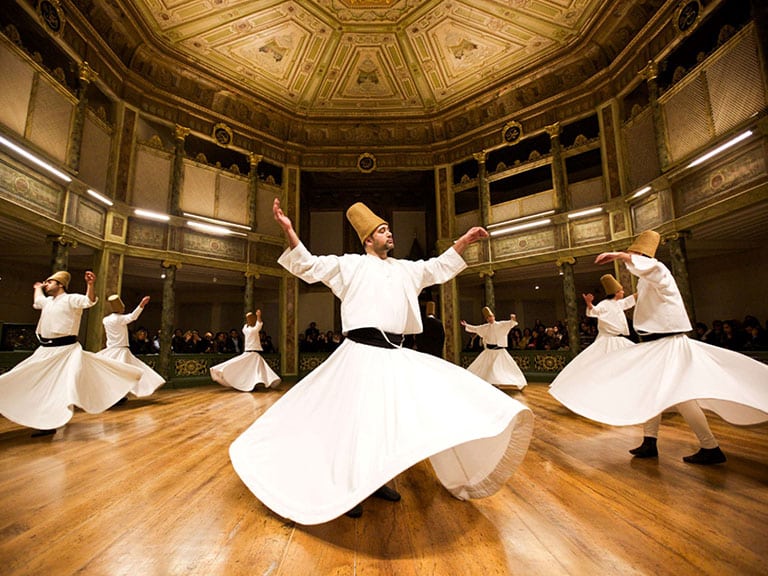Turkish Sufi: Between Religion and Politics
Sufi is one of the most important denominations in Turkey that plays a great roll in Turkish governance and politics. If you are planning to visit Turkey for tourism or work, we advise you to learn about the local population and the groups you will interact with. Therefore, we present to you the following article to learn about Turkish Sufi followed by over 90% of the citizens in Turkey. Who are the Sufis? What is their political role? What are their main branches in Turkey?
History of Turkish Sufi:
Sufi has played a great role in Turkish governance and politics, starting from the Ottoman period until today. The work of Sufis was not only to Sufi mosques, but expanded to include ruling the Ottoman Empire and Turkish political power. There was a strong relationship between Sufis and the Ottoman Empire. They continued like this until 1924 when "Atatürk" abolished the caliphate and Islamic organizations in Turkey. As a result, some Islamic groups erupted, especially followers of the Naqshbandi Sufi order under the leadership of Sheikh "Biran Kurdi," but their uprising failed. The Nurcy movement led by Sheikh “Said Nursi” was accused of supporting Sheikh “Biran Kurdi's” uprising, despite their neutral stance. Sheikh “Said Nursi” was tortured and exiled outside Turkey. Despite Atatürk's continued suppression Turkish Sufi (as he believed that civilization, not religious, was the best way for state growth) Sufi groups continued their calls until the mid-20th century. At that time, Sufi groups supported the less aggressive Party (the Democratic party). And when their leader “Adnan Menderes” reached the power, he supported them and contributed to their return to social and political life. In the 1970s, “Abdullah Gulen” from the Sufi Nurcy movement worked to increase Sufism's participation in social and Turkish political reality. He founded educational schools and media and expanded their activities outside Turkey's borders. The Gulen movement played an important role in ending the secularist control and bringing (Al-Adala) Party led by "Recep Tayyip Erdogan" to power. However, disputes happened between the two sides, continuing for years. Followers of "Abdullah Gulen" were accused of planning the coup in 2016.
Branches of Turkish Sufi
Islamic groups in Turkey consist of over 30 branches spread across various Turkish cities. These Islamic Turkish Sufi groups combat secularists in Turkey, numbering more than 30 groups and Branches. The most famous include:
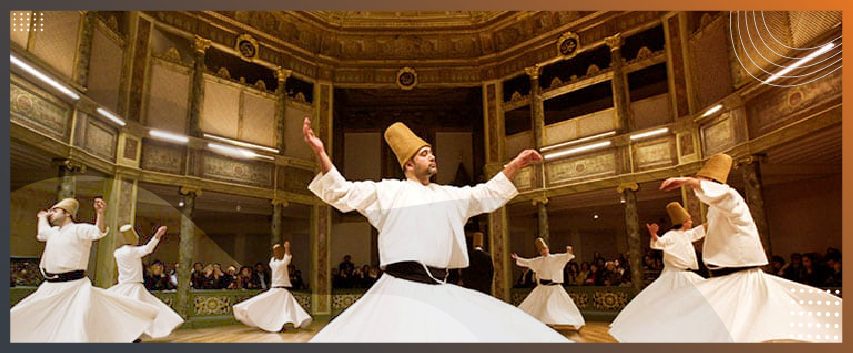
 The Naqshbandi in Turkey
The Naqshbandi in Turkey
The Naqshbandi is one of the Turkish Sufi Order with the largest number of branches. The Naqshbandi order has a major Roll in Turkish politics and its followers have participated in all events against Turkey's secularization. Followers of the Naqshbandi order have worked to increasing their presence among Turkish state employees, university professors, and across all sectors, especially in the commercial sector. Below are 4 of the most famous branches within the Naqshbandi order:
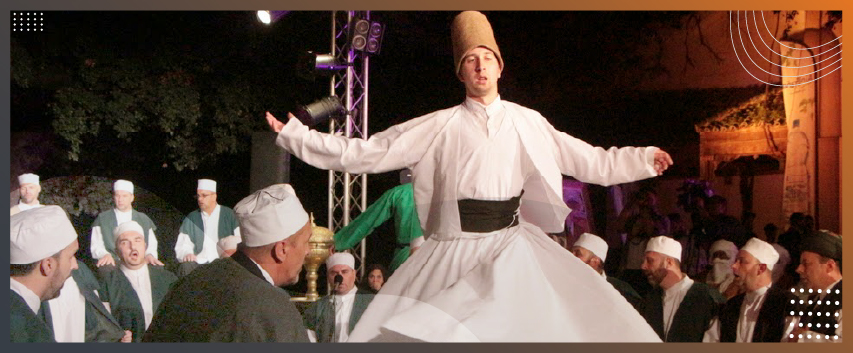



The Nurcy Turkish Sufi
order The Nurcy movement is an Islamic religious group focused on adhering to Islamic religious rules. The Nurcy Sufi movement was founded by Sheikh “Said Nursi”, who appeared after the breakdown of the Ottoman Empire and Atatürk's control over governance. He resisted secular thought in Turkey and was arrested, tortured, and repeated imprisonment due to his opposition to the government. Sheikh “Nursi” authored the book "Risale-i Nur," calling for founding Turkey according to Islamic law and rejecting anti-Islamic ideas. After Sheikh Said Nursi's death, the Nurcy movement branched out into many groups, including the group led by “Abdullah Gulen”, who was accused of involvement in the 2016 coup attempt.
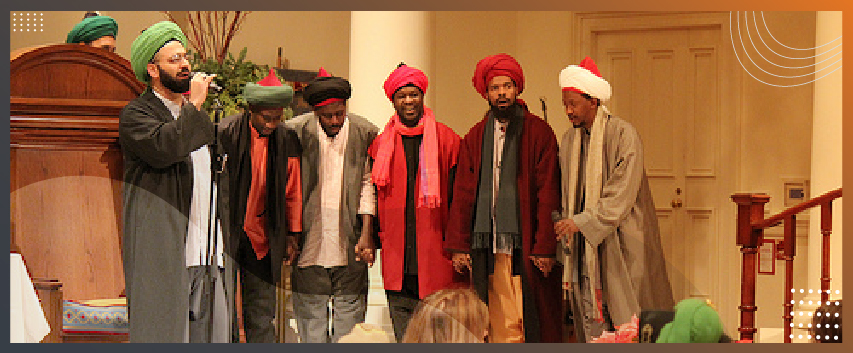



Ismail Aga
The “Ismail Aga” group is also among the followers of the Naqshbandi Turkish Sufi order. Its most famous founder is “Mahmoud Osman Oglu” who became the leader of the Ismail Aga group in Turkey after “Ali Haydar Efendi's” death. The Ismail Aga group focuses on religious and social services, as they have founded religious schools, Quran teaching courses, and have been involved in religious media. They stood by President “Recep Tayyip Erdogan” against the coup attempt in 2016.
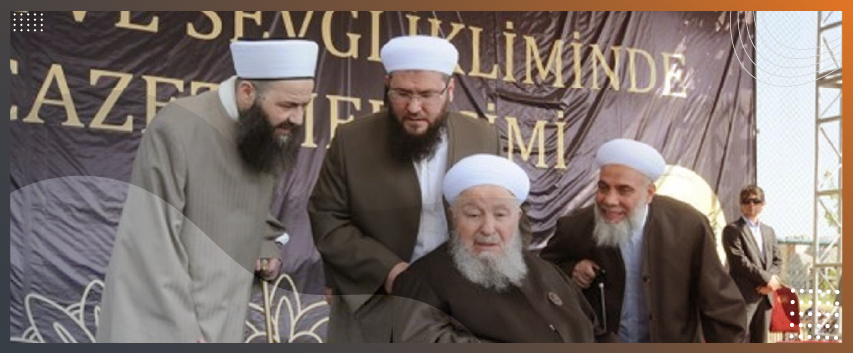


The Suleimaniyah
The Suleimaniyah Turkish Sufi order was founded by "Suleiman Halimi Tonahan," known as "the Professor," and its origins back to Sheikh “Salah al-Din ibn Siraj al-Din”. The Suleimaniyah Sufi order is known for its opposition to the secular system in Turkey. In its early stages, it worked towards establishing an Islamic state and founding an Islamic educational cultural system instead of secularism. Their reform program focused on spreading the culture of the Quran through three steps:
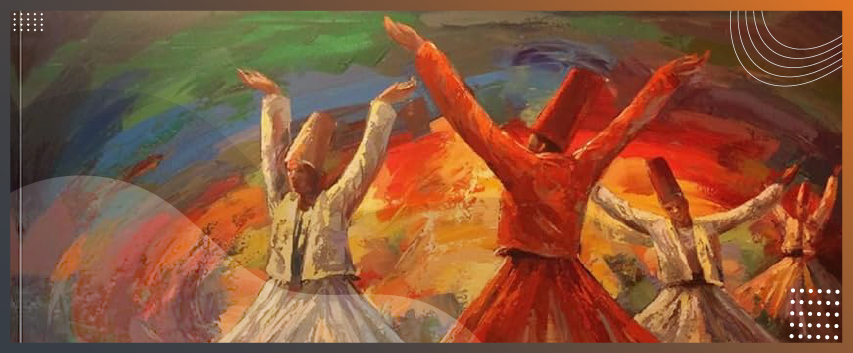


1) Writing books for Quran memorization.
2) Spreading the Arabic language.
3) Reviving Islamic sciences.
One of the main activities of the Suleimaniyah Turkish Sufi order was teaching the Quran secretly during a period of distress following the issuance of the "Unification of Education" law in 1924 in Turkey. They organized Quran memorization courses in all Turkish cities, with a focus on the cities of the Aegean and Mediterranean regions. The Suleimaniyah order was accused by (Al-Adala) Party of planning with the “Gulen” movement during the coup attempt in 2016.
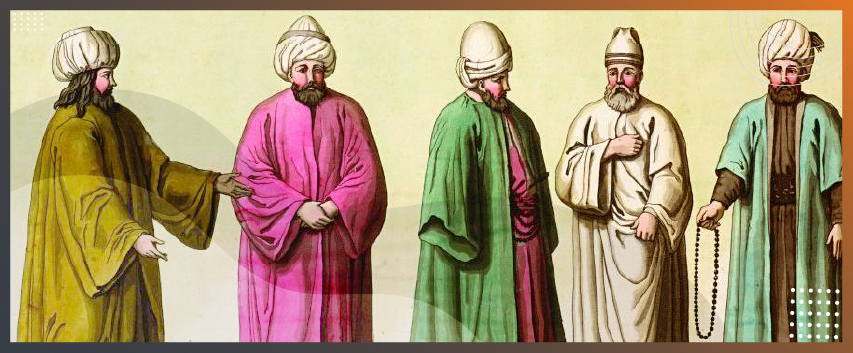


The Iskander
Pasha Group The Iskander Pasha group is one of the oldest Turkish Sufi groups founded by Sheikh "Mohammed Zahid Kutku", who encouraged his followers to participate in political activities and was one of the prominent opponents of secularism in Turkey. The Iskander Pasha group had a great roll of the formation of prominent figures in the Turkish political scene, including President "Turgut Ozal" and Professor "Najm al-Din Arbakan". The Iskander Pasha group featured of its balance between modernity and ancient traditions. Their articles focusing on balance between Islamic teachings and modernity.
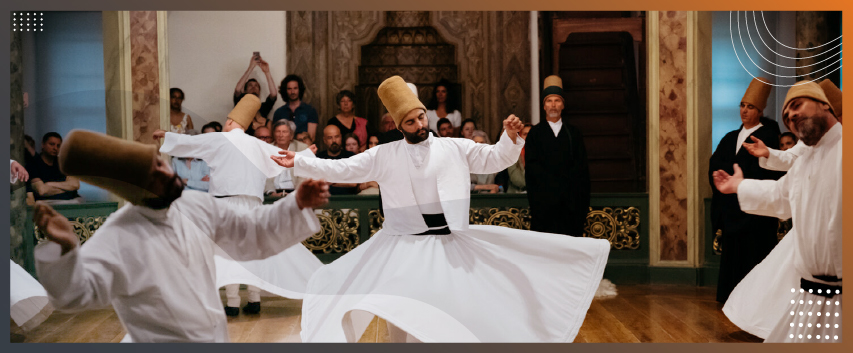


The Qadiriya Turkish Sufi
The Qadiriya Sufi order is one of the Sufi orders with many branches, including "Independent Turkey", "Galibiya", "Talwiya", and "Mohammadiya". The branch of "Galibiya" belongs to “Galib Hussain Koshoglu”, while the branch of "Mohammadiya" follows “Mohammed Osta Oglu", and the followers of "Talwiya" follow Sheikh “Sultan Mahmud”. The branch of "Independent Turkey" was founded by “Haydar Bash”, with his followers living in the Turkish province of Trabzon. The Qadiriya Turkish Sufi order is attributed to Sheikh “Abdul Qadir al-Jilani” and its members are active in several Turkish cities. The Qadiriya order is the second most widespread Sufi order after the Naqshbandi order.
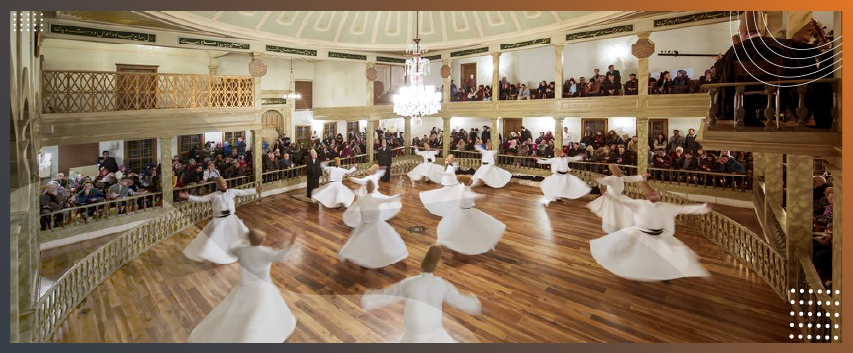


The Mawlawiya Turkish Sufi
The Mawlawiya order is one of the few Sufi orders that have successfully spread outside Turkey. The order is attributed to Jalal ad-Din Rumi, known to his followers as "Mawlana", is one of the most famous Sufi poets known for his closeness to God. “Jalal ad-Din Rumi” was taught Sharia law but turned to mysticism after meeting his teacher “Shams al-Din Tabrizi”. Among the founders of the Mawlawiya Turkish Sufi order in Turkey and beyond are “Jalal ad-Din Rumi”, “Hussam al-Din Halabi”, Sheikh “Shafi al-Mawlawi”, and Sheikh “Mohammed al-Bakir al-Shalabi”. The Mawlawiya order believes in the unity of Christianity, Islam, and Judaism with a inclination towards “Ali ibn Abi Talib” and the family of Prophet Muhammad. The Mawlawiya order is also associated with dance, especially circular dance accompanied by music, as followers believe that dancing is a means of connecting with God.
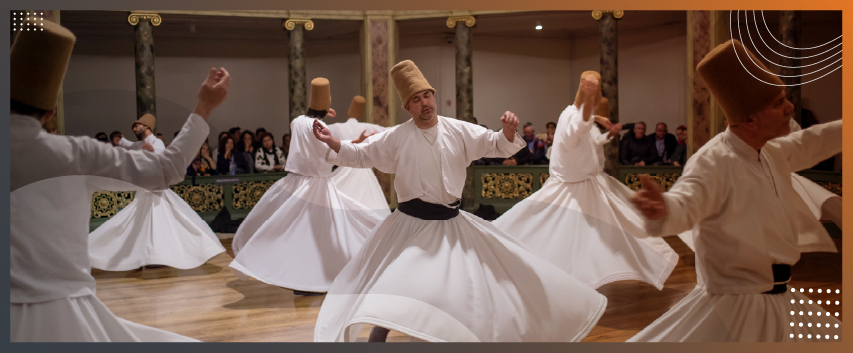


The Khallwatiya Turkish Sufi
Order One of the Sufi orders is attributed to Sheikh "Mohammed ibn Ahmed ibn Mohammed Karim al-Din al-Khallwati". The term "Khallwati" comes from "Khallwa," referring to Sufi seclusion and meditation. The Khallwatiya Turkish Sufi order has many branches primarily located in Istanbul but also spread across other cities in Turkey, including Ankara, Bursa, Afyon, and Bolu. Finally, we find that Sufis have had a significant impact on Turkish politics since the mid-20th century until today, playing a major role in (Al-Adala) Party rise to government in Turkey. Turkish Sufi try to maintain their political and religious role in Turkey, especially with the large popular support and the joining of many Muslims into it.
